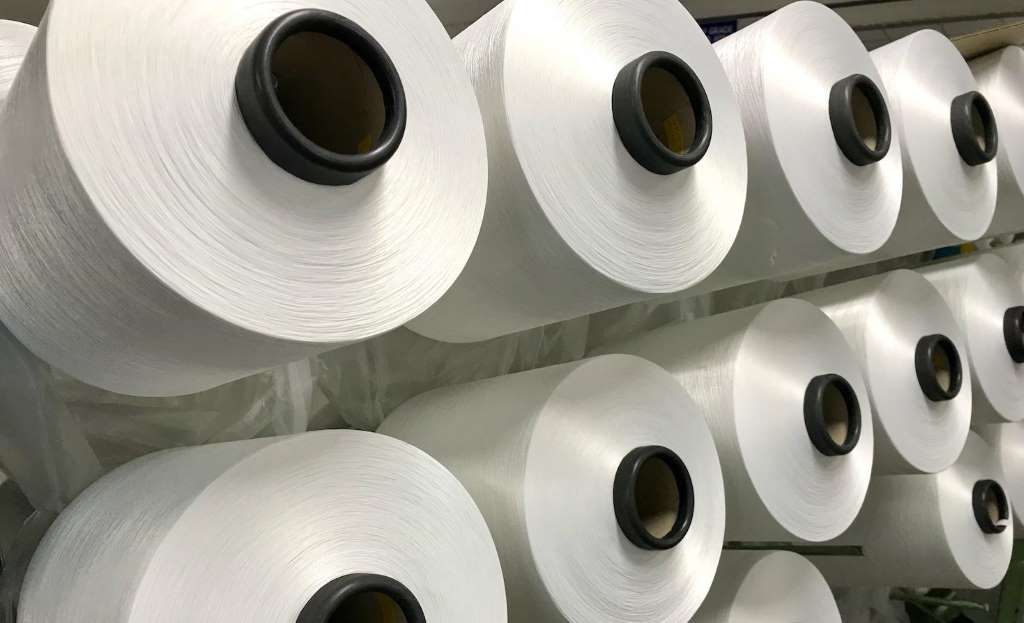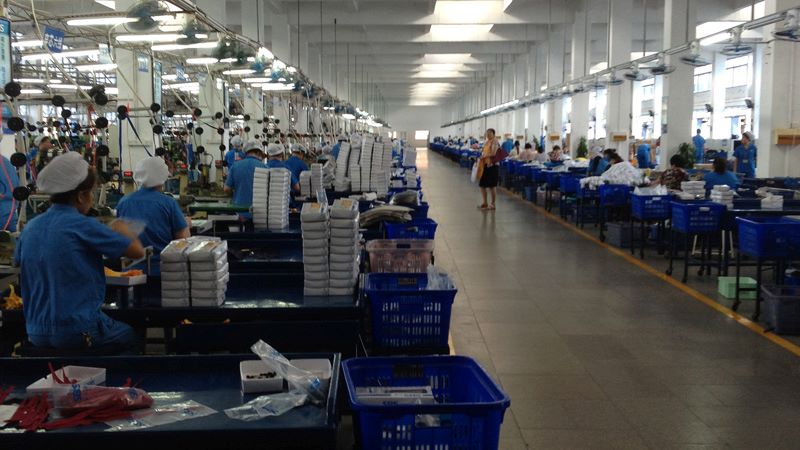 COVID-19 has made the returns process much more easier and eco-friendly than earlier, says Charlotte Monk-Chipman, Marketing Director, ReBound, which has worked with Asos since 2015, as well as Toms and PrettyLittleThing, among others. Earlier, customers had to download and print their labels and return information at home. Now, they can fill the required information via online forms or through their mobile apps. Retailers like Asos, Boohoo, Karen Millen and MissPap have even launched a returns portal to streamline operations and reduce waste.
COVID-19 has made the returns process much more easier and eco-friendly than earlier, says Charlotte Monk-Chipman, Marketing Director, ReBound, which has worked with Asos since 2015, as well as Toms and PrettyLittleThing, among others. Earlier, customers had to download and print their labels and return information at home. Now, they can fill the required information via online forms or through their mobile apps. Retailers like Asos, Boohoo, Karen Millen and MissPap have even launched a returns portal to streamline operations and reduce waste.
In May this year, returns optimization platform Optoro studied the return habits of more than 2,000 US residents. The study noted a decline in total returns through the pandemic period. However, they are likely to make a comeback as stores reopen, says Ann Starodaj, Senior Director-Sustainability, Optoro.
Promoting ‘green’ returns
Earlier, shoppers, particularly those in the older age group preferred to return items in-store, even if they hand purchased them online. The pandemic has pushed retailers to launch online returns services. It has also compelled retailers to make returns policies more flexible and extend offers up to 90 days or unlimited.
launch online returns services. It has also compelled retailers to make returns policies more flexible and extend offers up to 90 days or unlimited.
Besides introducing flexible returns policies, retailers are also making the process more green. San Francisco-based online retailer Pact handles every return on a case-by-case basis. The retailer calculates the carbon footprint for the customer’s chosen shipping option and aims to roll out a carbon footprint measure for individual products later this year.
Similarly, Returnly, a turnkey returns management solution allows customers to keep their products free of cost thus reducing waste and supply chain and carbon costs. The company uses machine-learning and data science to direct real-time decision-making on whether individual items can be resold.
Options for managing returns
Returns can prove be a thorn for brands and retailers as serial returners may abuse their carbon-conscious returns model. In such a case, businesses need to be patient with shoppers as they have little indication of their current sizes says Monk-Chipman. Their rate of returns may reduce once they self-regulate their sizing issues.
McKinsey & Co’s latest survey indicates, the pandemic provides retailers with an opportunity to reset operations and shift to the online sale model. Unprepared businesses may end up land filling the anticipated surge in returns, opines Emily Cotterill, Head-Sustainability, ReBound. Her platform has been helping retailers’ keep returned items in circulation by exploring solutions for charitable donations, quality checks at return hubs and providing more data and insight to help understand what drives returns. This has helped the company to reduce its carbon emissions in the US by 36 per cent.












